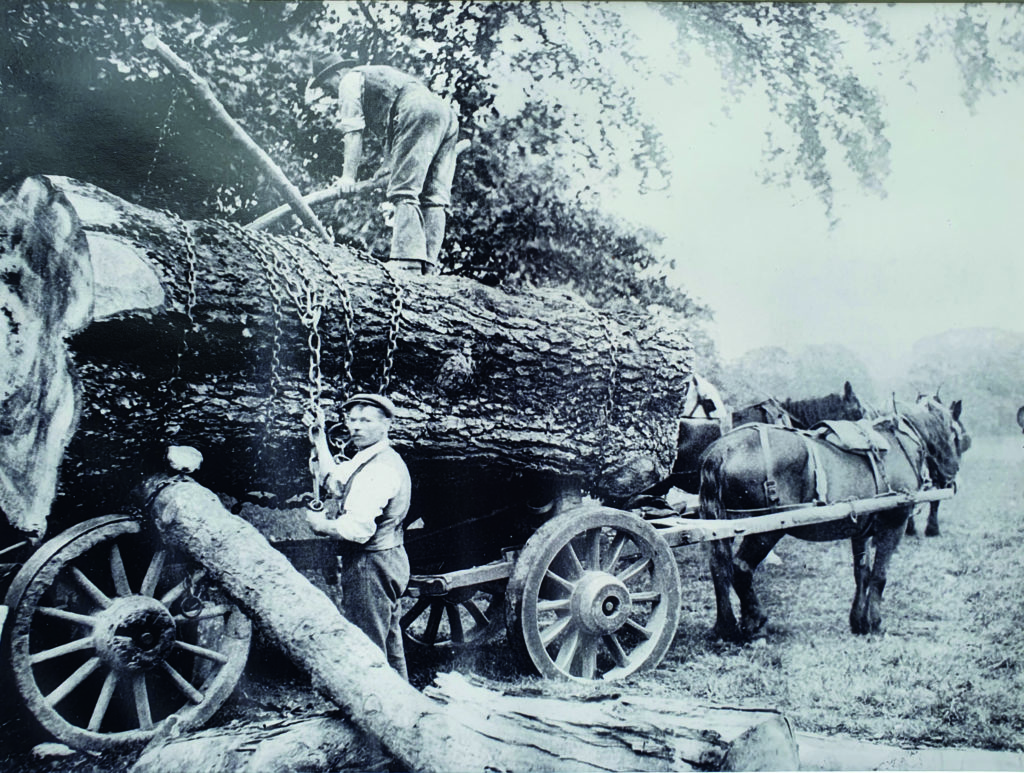So lets say the Vikings bring about a unified Irish state sometime in the 9th to 11th century either through their own rule or by causing the Irish to join together to drive them out. However it happens Ireland is an independent kingdom by the time of the Norman conquest of England. Lets then say that later either the Anglo-Normans never invade Ireland due to the butterflies, or if they do they are repulsed and leave Ireland largely alone for lets say a century to allow the kingdom to stabilize.
My question is, however it comes about, how powerful would a late medieval or early modern Irish state be? Could it become a serious counter to the rising English power? Or would it like Scotland eventually crumble against English power. Maybe Ireland allies with Scotland against England, or becomes a key English ally? Maybe they are close to the French? Could Ireland play a role in the exploration and colonization of the new world? Or is it destined to be a backwater, possibly conquered by England?
My question is, however it comes about, how powerful would a late medieval or early modern Irish state be? Could it become a serious counter to the rising English power? Or would it like Scotland eventually crumble against English power. Maybe Ireland allies with Scotland against England, or becomes a key English ally? Maybe they are close to the French? Could Ireland play a role in the exploration and colonization of the new world? Or is it destined to be a backwater, possibly conquered by England?
